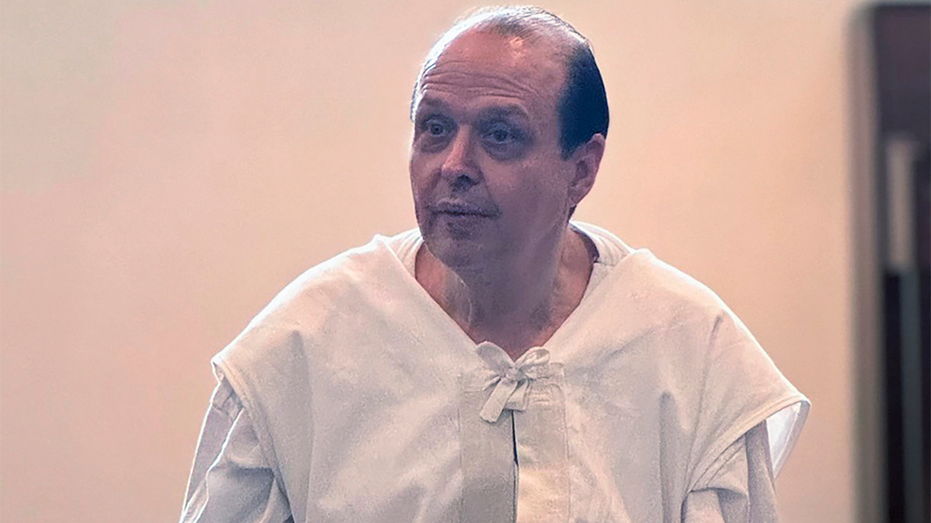Texas committee makes historic move approving subpoena for death row inmate one day before his execution
A unanimous vote by a Texas House committee successfully subpoenaed a death row inmate scheduled to receive death by lethal injection for the 2002 killing of his 2-year-old daughter.

A unanimous vote by a Texas House committee successfully subpoenaed a death row inmate scheduled to receive death by lethal injection for the alleged 2002 killing of his 2-year-old daughter.
Robert Roberson was denied a clemency request for the death penalty over a case of "shaken baby syndrome" despite doubts over the evidence in the case.
In a post on X, Jeff Leach calls out fellow committee members Brian Harris, Joe Moody, David Cook, Nate Schatzline, Drew Darby and Rhetta Andrews Bowers for their assistance in obtaining the subpoena.
The subpoena issued to Roberson, who will possibly be the first in the U.S. to be executed for allegedly shaking a baby to death, asks for him to "provide all relevant testimony and information concerning the committee's inquiry."
TEXAS BOARD REJECTS CLEMENCY FOR MAN FACING EXECUTION IN SHAKEN BABY DEATH
Roberson's scheduled execution has renewed debate over shaken baby syndrome, which refers to a serious brain injury caused when a child's head is hurt through shaking or some other violent impact.
Roberson's lawyers and a bipartisan group of Texas lawmakers, medical experts and others have urged Gov. Greg Abbott to stop Roberson's execution. They say his conviction was based on faulty and outdated scientific evidence related to shaken baby syndrome.
"We urge Governor Abbott to grant a reprieve of 30 days to allow litigation to continue and have a court hear the overwhelming new medical and scientific evidence that shows Robert Roberson’s chronically ill, two-year-old daughter, Nikki, died of natural and accidental causes, not abuse," said Gretchen Sween, one of Roberson’s attorneys, in a statement to Fox News Digital.
"A reprieve will also give Texas legislators time to investigate why Texas’s vaunted ‘changed science’ habeas law, which allows prisoners to challenge convictions based on science that turns out to be disproven or wrong, is not being applied as intended in the courts."
Abbott can only grant clemency after receiving a recommendation from the board. But Abbott does have the power to grant a one-time 30-day reprieve without a board recommendation.
This unexpected event may give Roberson a final chance to beat the odds after a series of court rejections. The hearing has been scheduled for October 21, but the state’s Department of Criminal Justice hasn’t announced if the execution will be delayed on Thursday.


